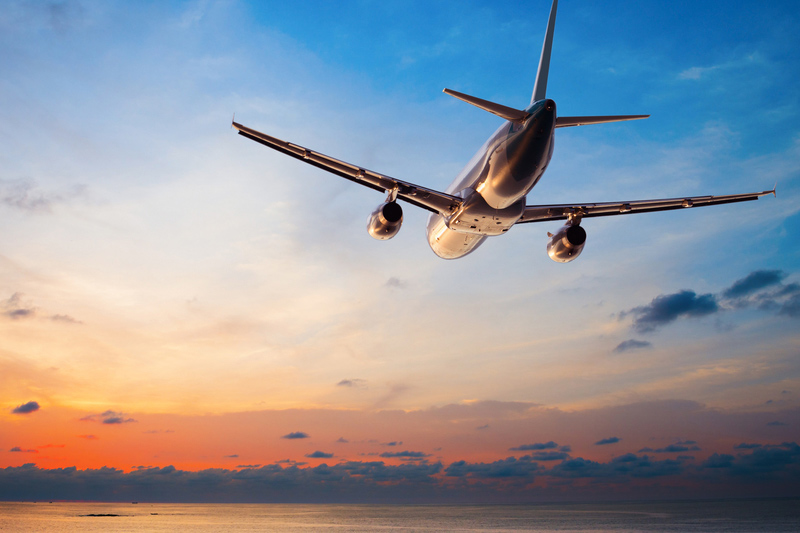By Ismat Sarah Mangla - Flying from the U.S. to Europe is pricey -- these days, be prepared to shell out upwards of $600 for a ticket, and a lot more than that during peak travel times. So when an airline announces cheap transatlantic fares, as Iceland’s discount carrier WOW air did this week, consumers take notice. WOW, which is touting one-way tickets from Boston and Baltimore/Washington to three cities in Europe for as low as $99, follows Norwegian Air Shuttle, another budget carrier that launched cheap flights between the U.S. and London this summer.
Are long-haul, low-cost carriers flying from the U.S. to Europe finally here to stay? The answer is a complicated one, say experts. Airlines have been trying to crack the cheap, no-frills transatlantic flight code since the late 1970s, when the U.K.-based Laker Airways began operations between London and New York. But that service, like many that came after it, was unable to sustain profitability and eventually folded.
“It was tough for [Laker Airways] to break into the transatlantic markets in the 1970s and 1980s, and it is still tough now,” said airline industry analyst Robert Mann.
Low-cost carriers like Spirit Airlines in the U.S. and Ryanair in Europe have managed to minimize costs and offer cheap fares by operating frequent flights, often between secondary airports; flying fewer types of aircraft to slash maintenance and training costs; performing fast turnarounds of flights; cramming the maximum number of passengers on planes; and charging for services like luggage, food and seating assignments.
“A lot of what makes the low-cost model work for short-haul carriers doesn’t apply to long haul. There aren’t as many opportunities to cut costs,” said Ryan Leick, a professor at Utah Valley University who specializes in air transport strategy and marketing. “Even charging for luggage -- that becomes an expected service on international flights.”
“The economics involved with long-haul flying are very different,” said Henry Harteveldt, an airline industry expert. “There are very few routes that you can operate more than one flight a day.”
Leick added that operating at cheaper, less congested airports allows airlines to maximize their turnaround time, an option that is not available for international flights. And by their nature, planes flying longer flights require much more time for servicing, refueling, cleaning and unloading.
In Asia, where there are 47 long-haul, low-cost carriers, according to the Centre of Aviation, the flying public is often more willing to put up with tightly-packed planes. Cebu Pacific, the Filipino discount carrier, for example, crams 436 seats onto its A330s -- the same plane Etihad fills with 231.

What allowed Norwegian to offer lower fares was the introduction in its fleet of Boeing’s Dreamliner jet, which maximizes fuel efficiency. But the airline is facing major regulatory hurdles, as U.S. regulators believe the airline’s plan to base operations in Ireland -- but not fly from there -- violates labor and tax laws.
“Norwegian has really pioneered the long-haul, low-cost service, but it hasn’t been without controversy. I’ve heard mixed reviews from people who have flown with them regarding seat comfort, onboard amenities, and crew behavior. Anecdotally, people have told me that while they flew with them once, they wouldn’t do it again,” said Harteveldt. “And the U.S. could still ban them. So airlines are watching them closely.”
According to Harteveldt, WOW air’s entrance into the market is minor, given the limited number of seats and routes. But Harteveldt believes that the big players already in the low-cost space may enter the long-haul market soon. “I don’t think a startup would try it, because it’s incredibly risky, but an airline like Ryanair or JetBlue could credibly explore it.”
In fact, the CEOs of both companies have hinted at launching low-cost, long-haul service for transatlantic flights. But they’ll have to be creative about how they approach it, said Jonathan Galaviz, partner at consulting firm Global Market Advisors. “More established low-cost carriers like JetBlue and Ryanair will likely attempt to engage in cross-ocean services, but they will be cautious on the routes they select,” he said in an email. “The best opportunity [for them] is on city-pairings in which legacy carriers do not currently provide point-to-point service.”
Still, consumers are hungry for reasonable fares that will get them across the Atlantic without breaking the bank. And so there’s reason to be optimistic, said Leick: “The long-haul, low-cost model has failed in the past. But just because it hasn’t worked doesn’t mean it can’t work in the future.”
